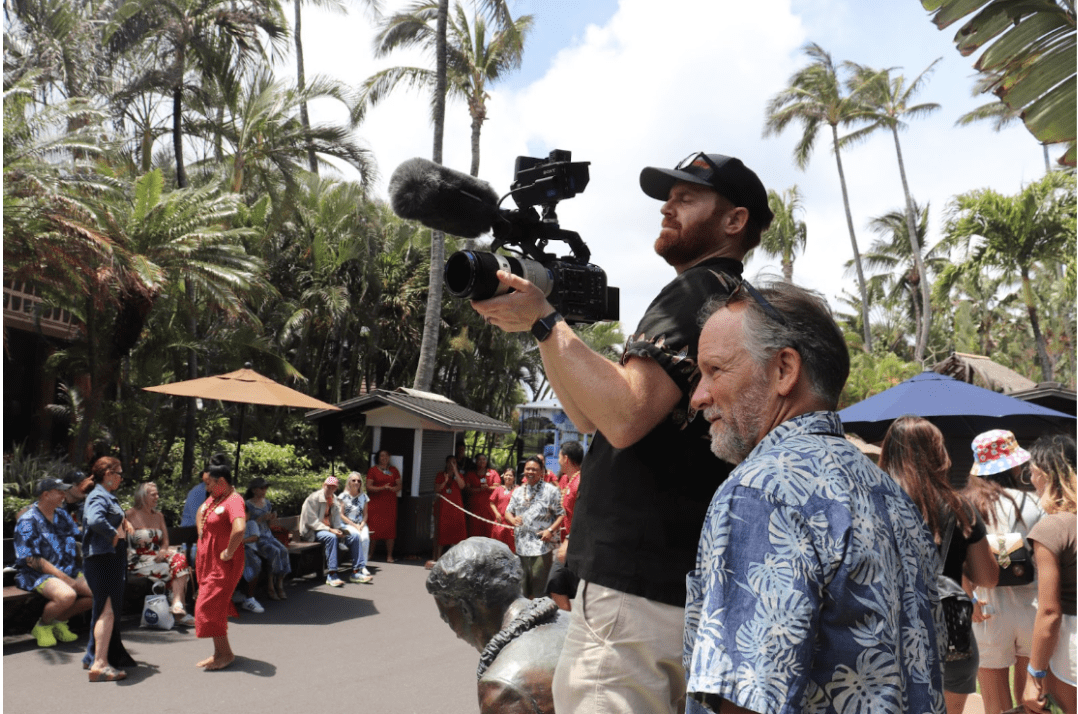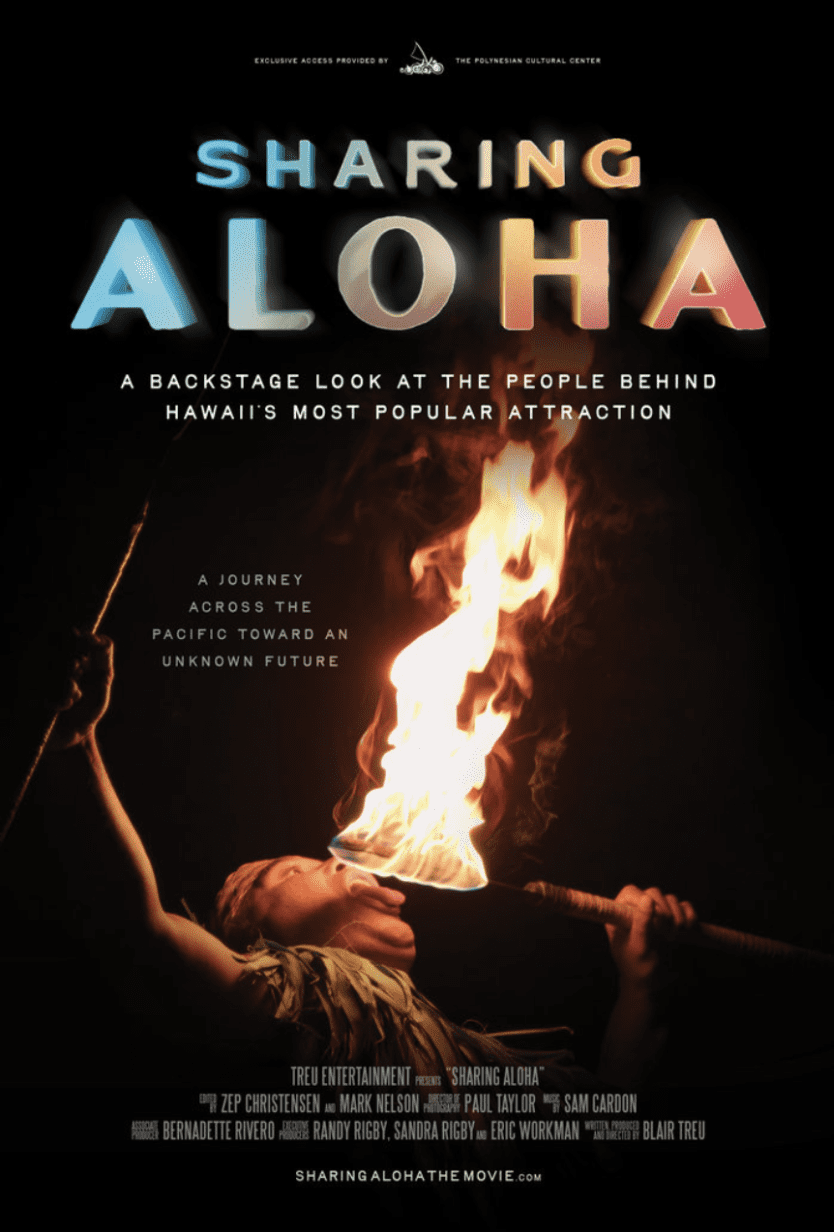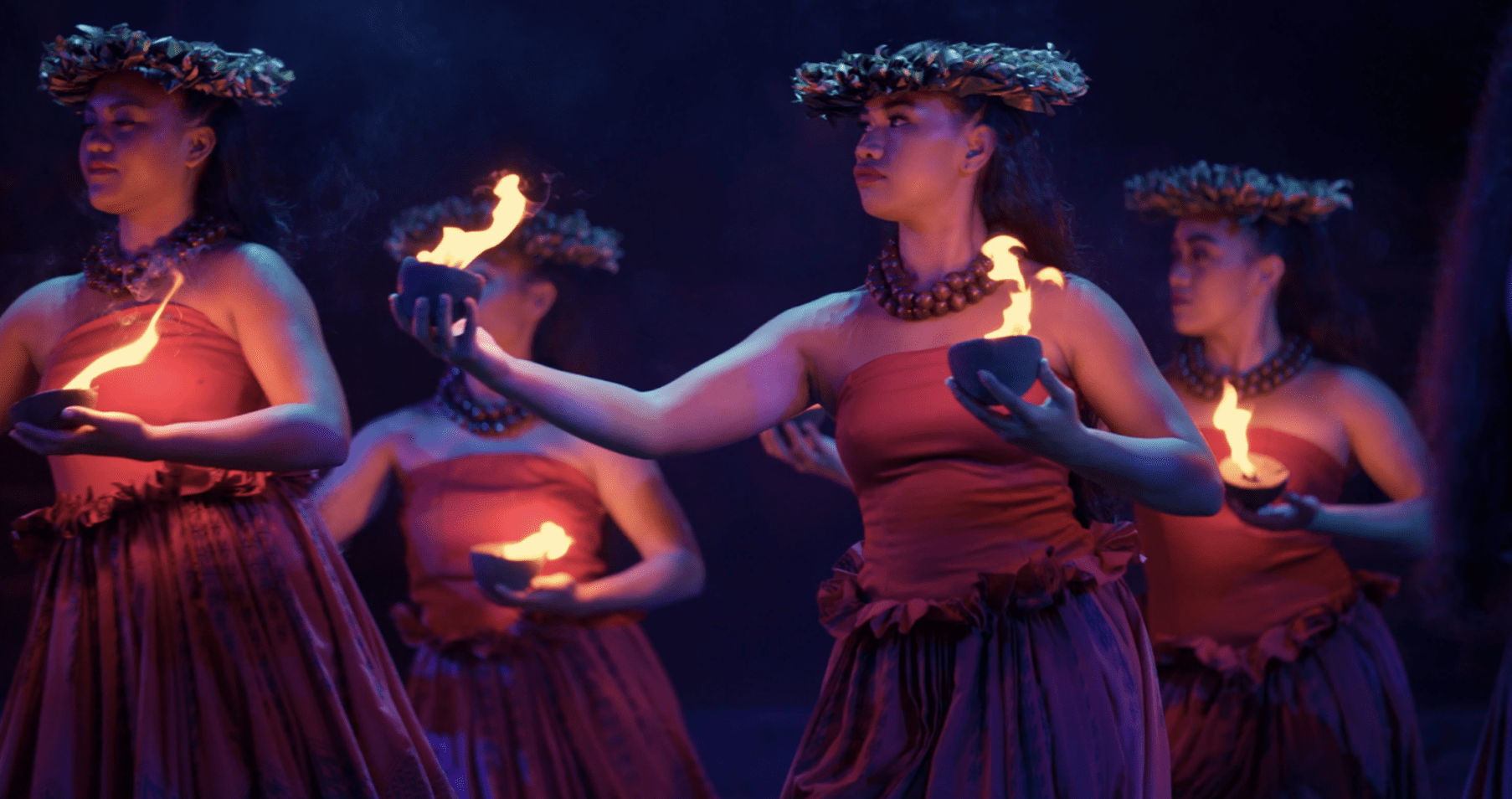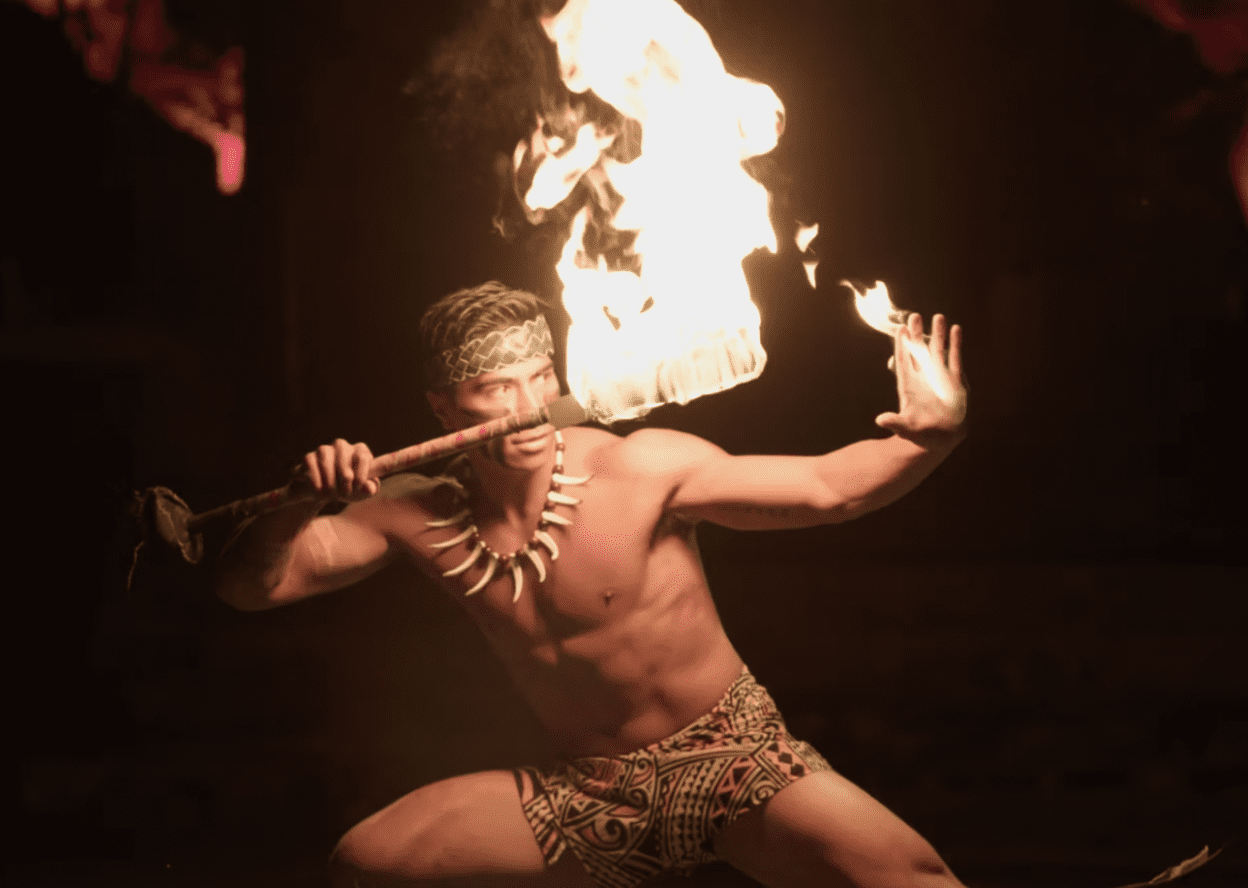I remember 2014 well.
I was working at Bonneville Communications (boncom), and we were asked to help with the marketing and promotion of a new film: Meet the Mormons.
I remembered seeing an old book by the same name (referencing it later, it was published in 1964). But a movie? Released theatrically to the public?
I was somewhat skeptical until I saw it. In the film, director Blair Treu explores the lives of six Latter-day Saints. The film was originally intended for a limited audience, but it resonated so strongly with test viewers that the Church of Jesus Christ of Latter-day Saints opted for a wider theatrical release (the first for the Church).
Similar to the I’m a Mormon campaign running at the time online, Meet the Mormons offered an intimate glimpse into the diverse experiences of individuals across the globe, from a bishop in Atlanta to a humanitarian in Nepal, aiming to showcase the genuine lives of members of the Church of Jesus Christ of Latter-day Saints (Mormons).
Now, in 2025, I got a call from Blair out of the blue. He had another project he was working on.
Dancing.
Fire.
Culture.
Heritage.
I sat up in my chair—he had my interest.
Treu explained that his new project was Sharing Aloha, an exploration of personal identity, cultural tradition, and the impact of tourism on Hawaii and Hawaiian culture.

Behind the scenes of Sharing Aloha, documenting the real lives and stories of Pacific Islanders at the Polynesian Cultural Center.
What grabbed my attention even more was that the feature takes audiences behind the scenes of one of Hawaii’s most beloved tourist attractions (the Polynesian Cultural Center) and offers a look at the struggles and triumphs of young Pacific Islanders striving to preserve and pass on their cultural heritage (while also getting an education at BYU-Hawaii).
I’ve got a soft spot in my heart for the PCC as I had led a tour there years before, and asked Blair for a screener link to get a first glimpse.
The 90 minutes watching the documentary was well worth my time (and I think you’ll like it too), as you’ll see from my summary below.
A Story of Culture and Identity
Set against the backdrop of the (sometimes) controversial Hawaiian tourism industry, Sharing Aloha follows the lives of several young performers navigating personal and cultural crossroads. These students, each with their own battles—from body image struggles to balancing family expectations—find themselves on a stage that represents more than entertainment; it is a battleground for cultural survival.
Among the film’s compelling characters are twin sisters carrying the legacy of fire dancing, a social media sensation blending art with ancestral roots, and a performer striving to prove his worth to his family. Through their journeys, the film explores a deeper question: What does it mean to share one’s culture while ensuring it is not lost or misrepresented?

Cultural Appropriation and the Struggles of Hawaiian Tourism
Hawaiian culture has long been commodified for entertainment, often without respect for its deep historical and spiritual significance. The film delves into the issue of cultural appropriation, questioning whether tourism and profit-driven enterprises have diluted the authenticity of traditional Hawaiian practices.
Sharing Aloha raises critical and thought-provoking conversations about how Polynesian culture is consumed by the outside world and whether such portrayals uplift or undermine the community they represent. The film invites audiences to sit (sometimes uncomfortably) and reflect on their role in supporting authentic cultural experiences versus perpetuating stereotypes. Blair Treu, the documentary’s director, shares that “the controversy surrounding Hawaiian tourism is complex, and this film aims to spark conversations about cultural authenticity and respect.”
The Polynesian Cultural Center: A Hub of Tradition and Change
The documentary delves into the Polynesian Cultural Center (PCC), a site founded to preserve and celebrate Polynesian traditions. The PCC traces its roots back to the mid-20th century when the Church of Jesus Christ of Latter-day Saints sought to provide employment opportunities for Polynesian students while educating the world about their cultures. Since its opening in 1963, it has grown into a significant cultural institution, drawing thousands of visitors annually.
The documentary examines whether places like the PCC successfully maintain the integrity of Hawaiian and Polynesian traditions or if they inadvertently contribute to the very cultural dilution they seek to prevent.

The beauty and grace of Polynesian dance come alive in Sharing Aloha, a documentary celebrating Hawaiian culture and tradition.
Why You Should See Sharing Aloha
This film is more than a documentary—it is a call to awareness and action. Whether you are deeply connected to Hawaiian culture or simply curious about the complexities of tourism’s impact on indigenous traditions, Sharing Aloha provides a visually-stunning and emotionally-moving experience. Treu aptly sums up the film’s purpose and desired impact: “At its core, ‘Sharing Aloha’ is about finding your place in the world while staying true to where you come from—beyond that, however, it illustrates the symbiotic relationship between two inspired institutions and the blessings they bring into the lives of these amazing students from all over the Pacific.”
Be one of the first to experience Sharing Aloha!
Premiere Information:
February 26 | 7:30 PM
Clarke Grand Theatre (Scera Theater in Orem, Utah)
Documentary Feature — (1h 36m)
Director: Blair Treu
️ Q&A to follow with filmmakers and cast members
Get your tickets now!



















MeganFebruary 21, 2025
Please let us know how we can support and watch this film if we’re not in Utah. I would love to see it!
Mirin NelsonFebruary 19, 2025
The PCC was started by my Uncle Edward LaVaun Clissold. It is a magnificent place and experience! Can’t wait to see this documentary! ❤️